I know prepping can seem overwhelming, especially when you’re on a tight budget, but trust me—being prepared doesn’t have to be expensive or complicated. Over the years, I’ve learned that with a bit of creativity and planning, anyone can build a solid emergency stockpile without breaking the bank.
Whether you’re worried about natural disasters, unexpected job loss, or just want to be ready for anything life throws your way, these tips will help you get started. Prepping on a budget is not only possible but can be incredibly empowering. Let’s dive into some practical, low-cost strategies that will give you peace of mind.
1. Start With A Plan

Before you buy anything, create a plan. Identify your specific goals, such as how long you want to prepare for or what type of emergencies you’re concerned about. Having a clear idea of what you need prevents you from overspending on unnecessary supplies.
2. Focus On Water First

Water is more essential than food in an emergency. Invest in affordable water storage solutions like cleaned soda bottles or jugs. You can also learn to purify water using household items like bleach or portable water filters.
3. Build A Food Storage Slowly

Instead of buying expensive, pre-packaged survival food kits, start with the basics like rice, beans, pasta, and canned goods. Look for sales and buy in bulk when possible. Focus on foods with long shelf lives that your family will actually eat.
4. Make Use Of Dollar Stores
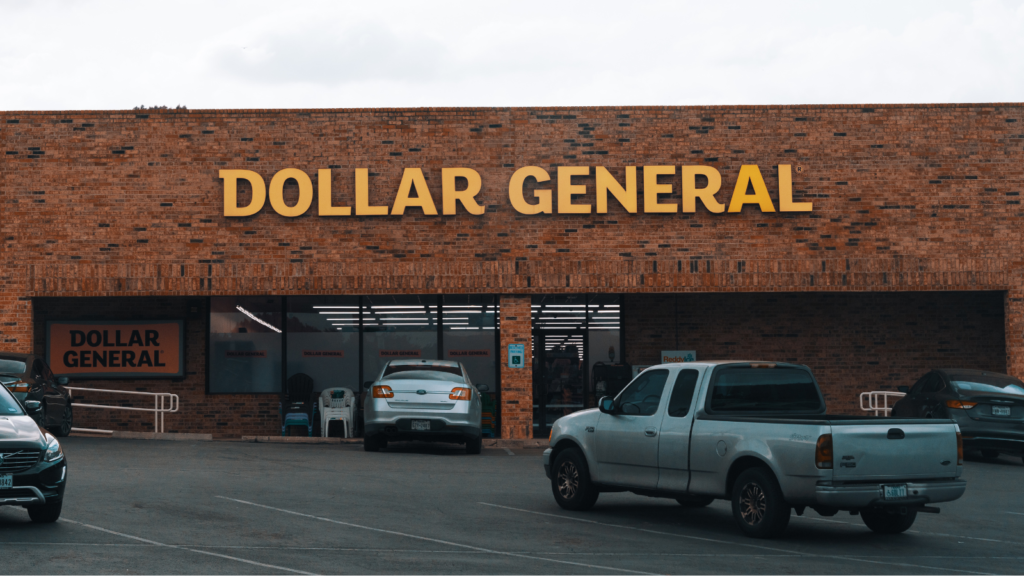
Dollar stores often carry essential prepping supplies like canned food, first-aid items, and hygiene products. It’s an affordable way to stock up on things you’ll need without overspending.
5. Prioritize Multi-Use Items
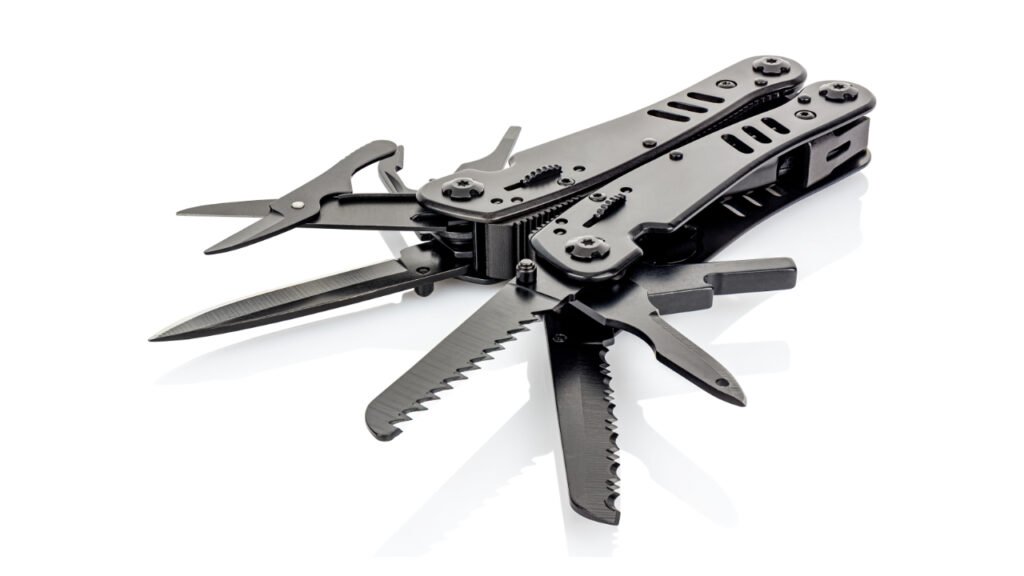
When you’re prepping on a budget, it’s smart to choose items that serve multiple purposes. For example, vinegar can be used for cleaning, preserving food, and even treating minor injuries. Duct tape, tarps, and multi-tools are also versatile investments.
6. Learn Basic Skills For Free

Knowing survival skills is just as important as having supplies. There are countless free resources online, like videos and tutorials, where you can learn essential prepping skills such as first aid, gardening, and fire-starting without spending a dime.
7. Recycle Containers For Storage
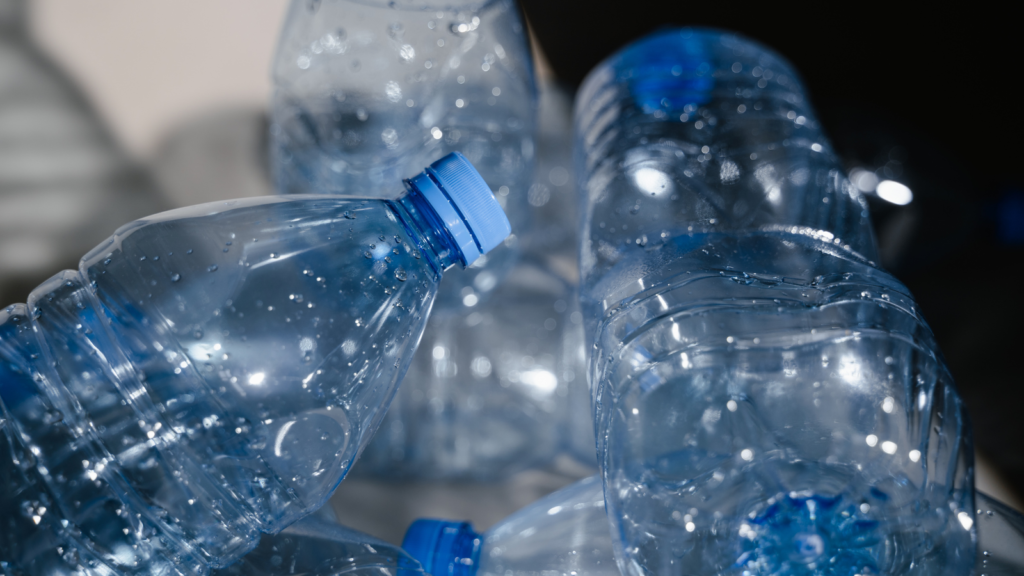
You don’t need fancy storage containers. Reuse items you already have, like cleaned-out peanut butter jars or soda bottles, to store dry goods, medical supplies, and even water. This is an easy way to save money while staying organized.
8. Set Aside A Little Each Week
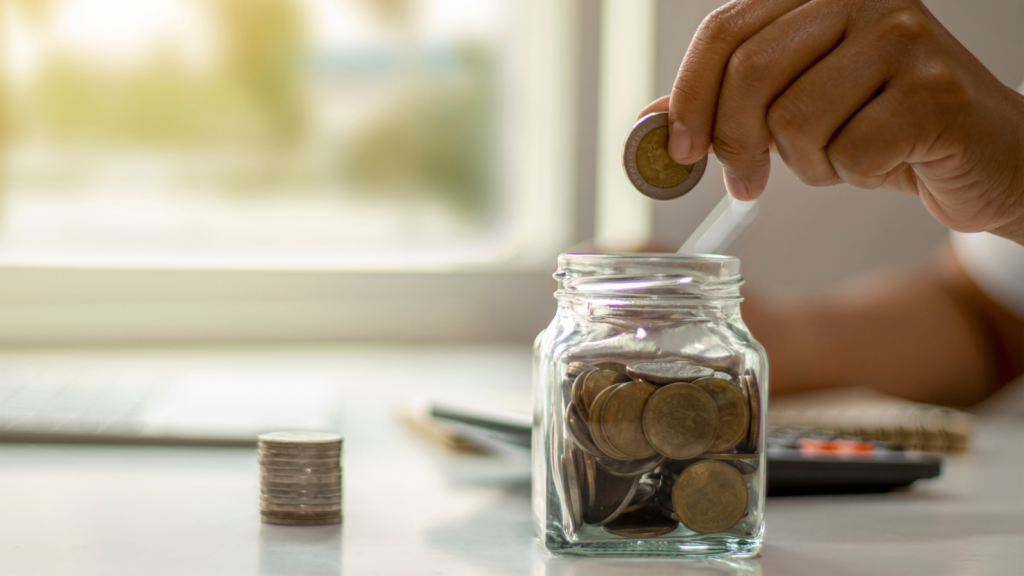
Prepping doesn’t have to be an all-at-once effort. Put aside a small amount of money each week, even if it’s just a few dollars, to slowly build up your supplies. Over time, these small amounts can add up without putting pressure on your budget.
9. Buy Second-Hand Gear
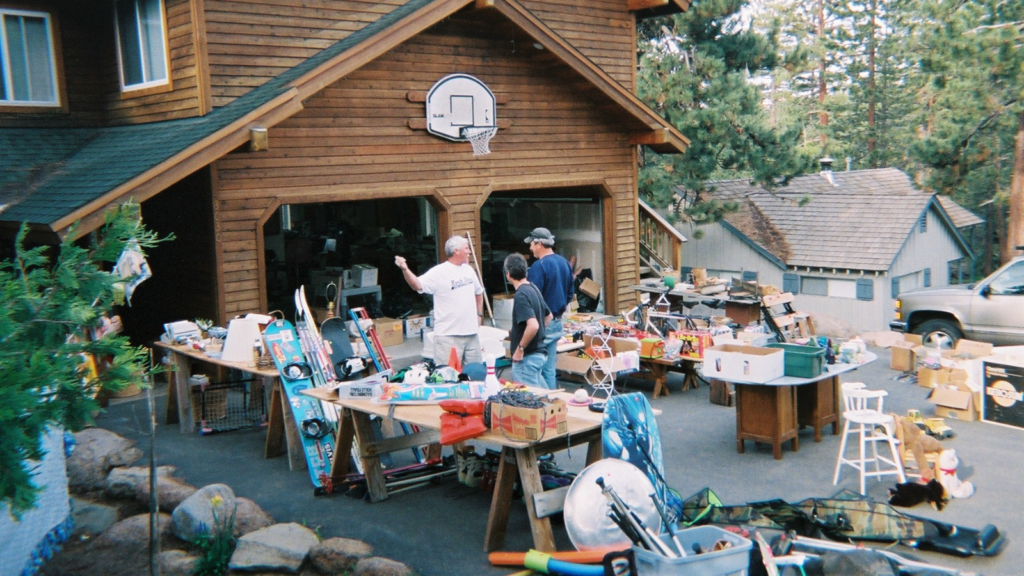
You don’t have to buy everything brand new. Check local thrift stores, yard sales, or online marketplaces for used but reliable prepping gear, such as camping equipment, blankets, or cooking tools.
10. Practice Bartering And Trading

Building a network with others in your community can save you money. Bartering goods or skills with your neighbors is an excellent way to get what you need without spending cash. You can exchange homemade food, services, or supplies with like-minded people.
11. Grow A Garden

Starting a garden, even if it’s just on a windowsill, is a cost-effective way to build food security. Seeds are inexpensive, and you can grow a surprising amount of food in small spaces. Focus on hardy plants that are easy to grow, like tomatoes, peppers, and herbs.
12. Repurpose Old Clothes For Survival
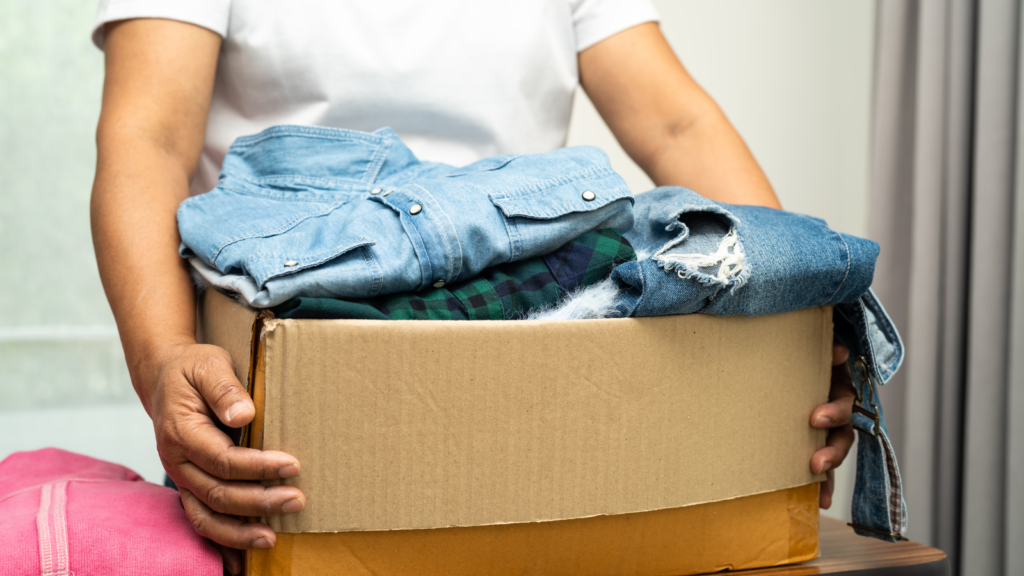
Old clothes can be turned into useful items like rags, blankets, or insulation. Instead of throwing away worn-out clothing, set it aside for emergency use or to make simple repairs to other gear.
13. Use Solar Power
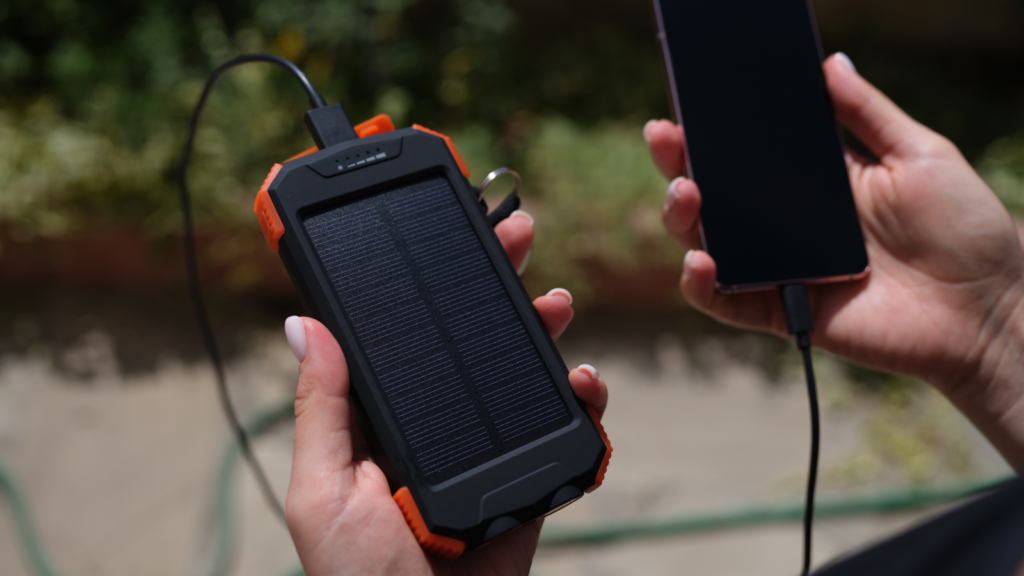
Solar-powered gadgets, such as lights or phone chargers, can be a cost-effective investment. You’ll save money on batteries, and they’re a reliable source of power during outages.
14. Learn How To Preserve Food
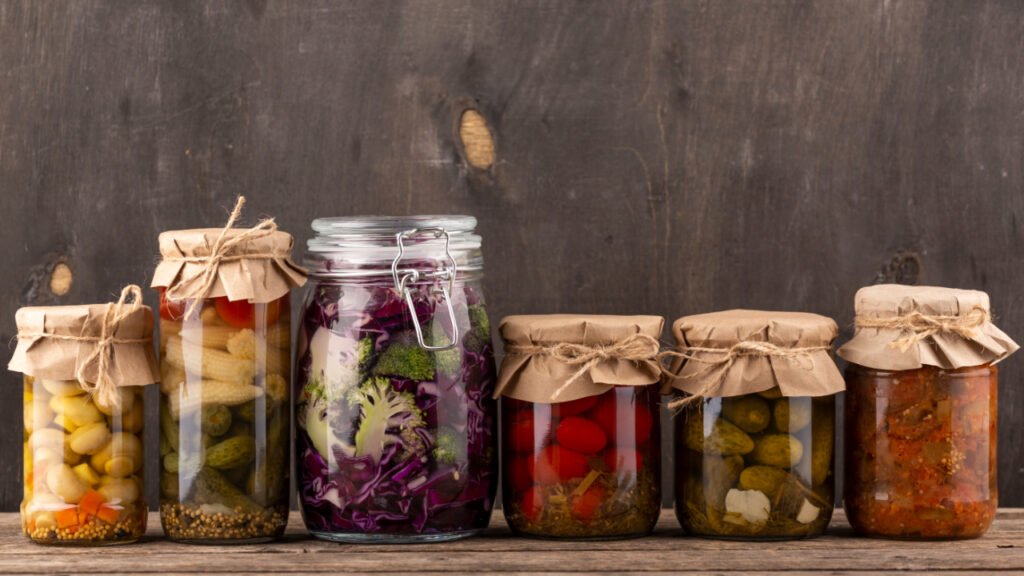
Preserving food through methods like canning, dehydrating, or pickling can save money in the long run. It allows you to store fresh food for much longer, reducing waste and increasing your stockpile without constant grocery trips.
15. Rotate Supplies Regularly

To avoid waste, use and rotate your supplies. Eat older food items first, and restock as you go. This ensures nothing spoils, and you won’t have to spend extra money replacing expired goods.
16. Focus On Hygiene
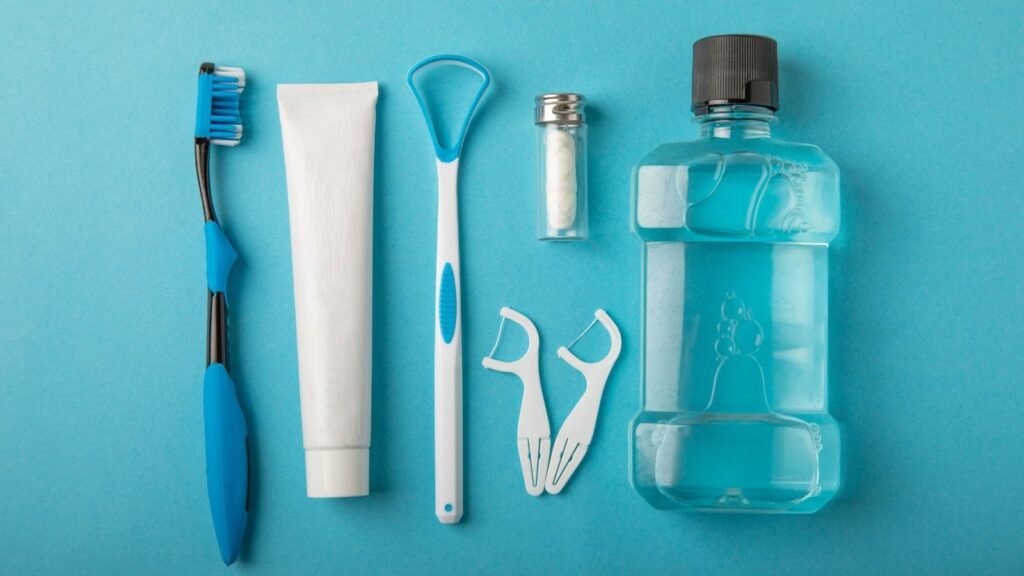
Personal hygiene is important in emergencies. Stock up on low-cost items like soap, toothbrushes, and feminine hygiene products. Many of these items can be found affordably at dollar stores or in bulk.
17. Make A Basic First-Aid Kit

You don’t need an expensive first-aid kit to be prepared. Buy basic medical supplies like bandages, antiseptic wipes, and pain relievers from discount stores. Focus on essential items, and add to the kit over time as your budget allows.
18. Collect Rainwater (Where Legal)
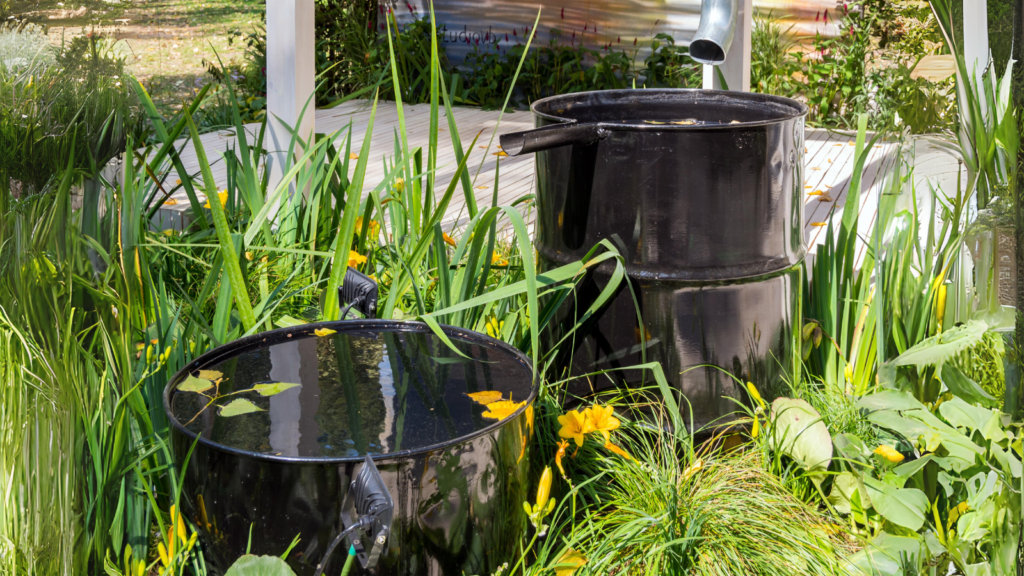
In many areas, collecting rainwater is legal and a free source of fresh water. A simple rain barrel or even buckets can help you gather water for drinking or washing, reducing the strain on your stored supplies.
19. Stay Organized With A List
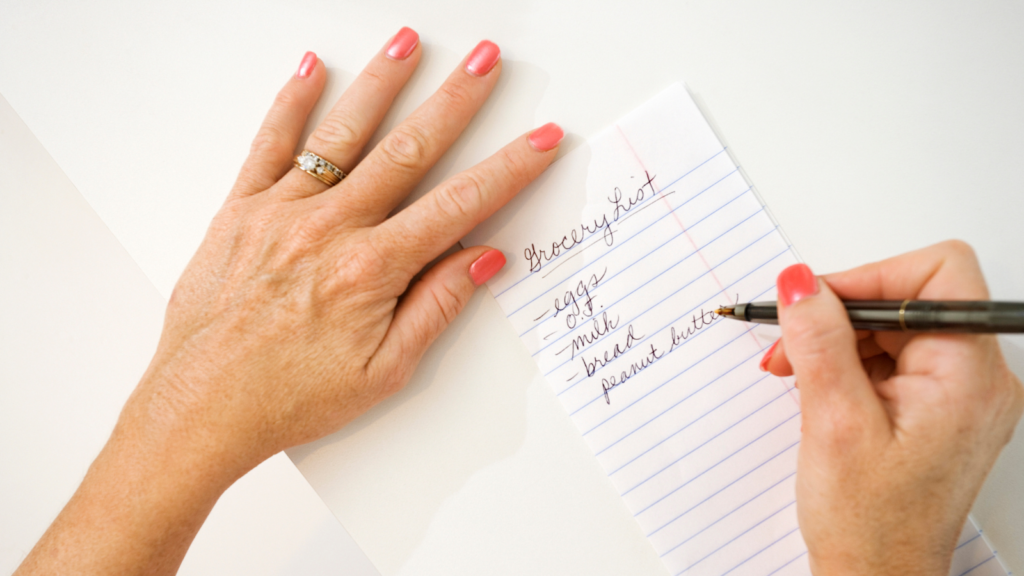
Keep track of what you have and what you still need. A detailed list can prevent unnecessary purchases and ensure you’re making the most of your budget by focusing only on essential items.
20. DIY Supplies
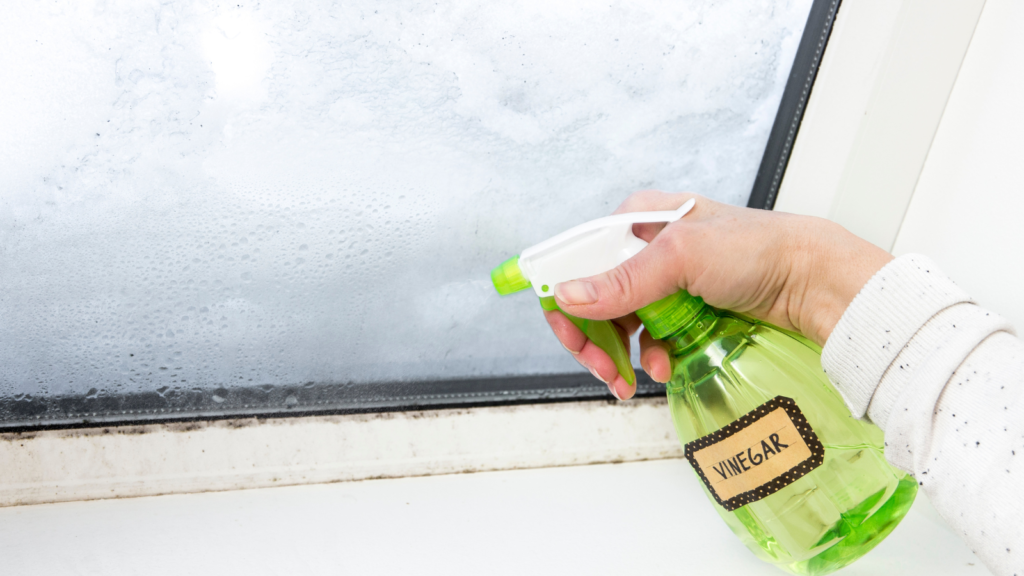
Some emergency items can be made at home for less than buying them. For example, you can create your own fire starters using dryer lint and wax or make homemade cleaning solutions with vinegar and baking soda. Simple projects like these can help you save money.
21. Join Local Or Online Prepper Groups
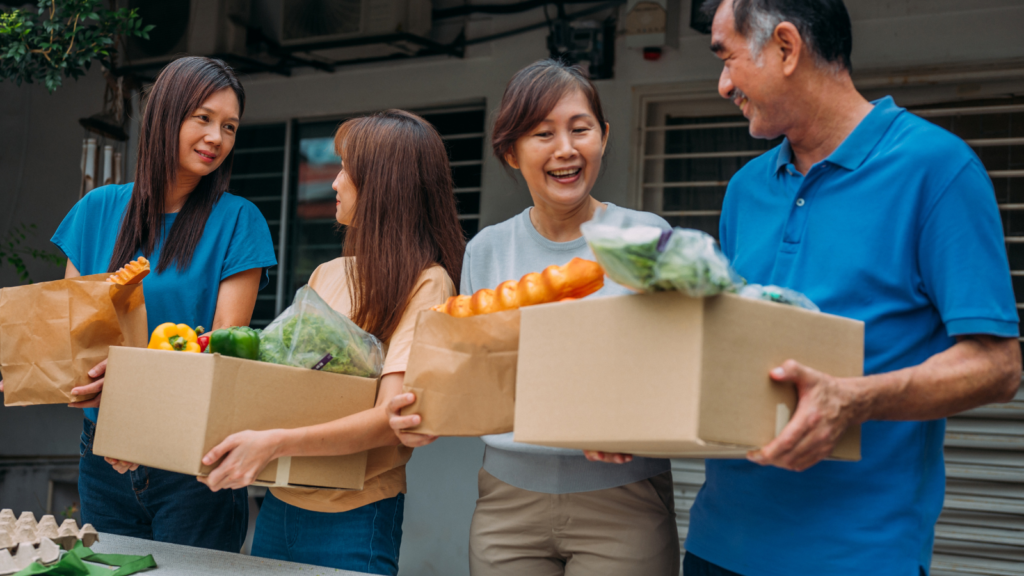
Prepper communities, whether in-person or online, are excellent resources for free advice, tips, and sometimes even swapping supplies. Being part of a network can help you stay informed about affordable prepping strategies and make useful connections.

